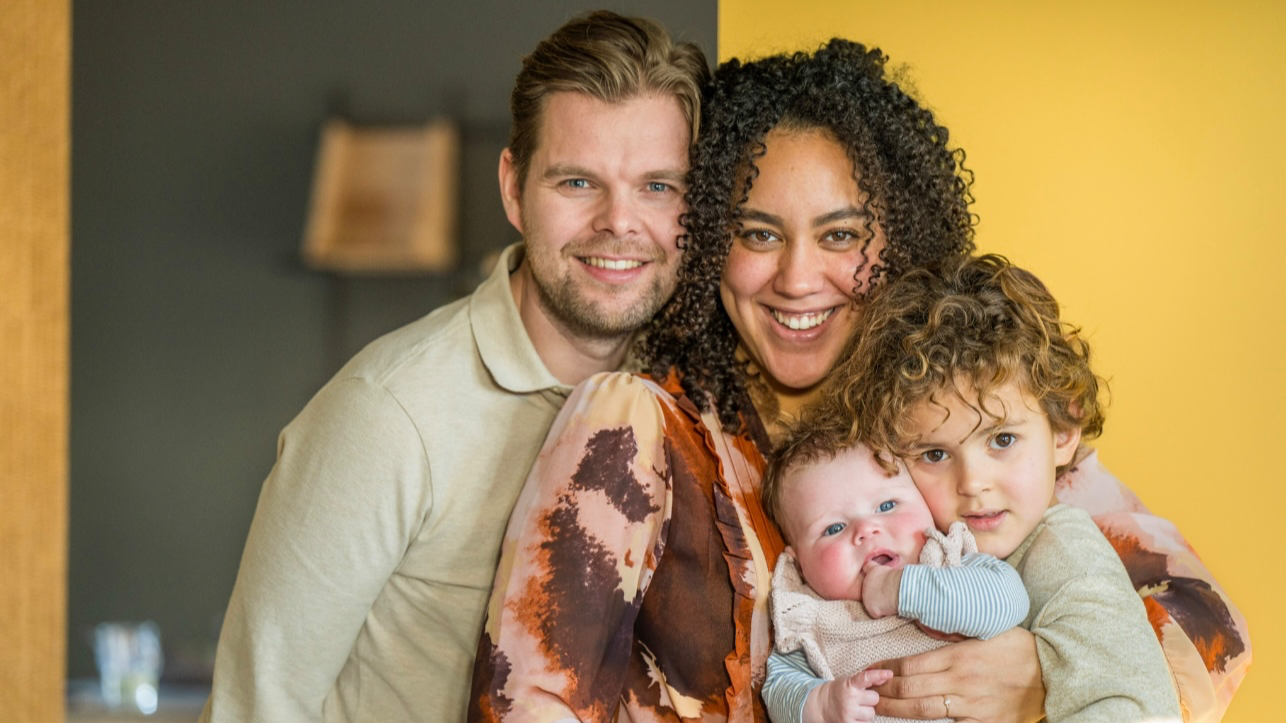IVF Isn’t a Guarantee: Real Talk About Success Rates, Costs & Emotions
You hear it all the time: “Just do IVF — it works.”
But if you’ve been through it — or are about to be — you know that’s far from the truth.
IVF isn’t a guarantee. It’s a gamble.
It’s hope wrapped in science, needles, hormones, heartbreak… and sometimes, joy.
Let’s break down what IVF actually looks like — success rates, costs, emotional fallout — and what every woman deserves to know before signing the consent forms.
What Is IVF, Really? (Beyond the Glossy Brochures)
IVF (in vitro fertilization) involves:
• Hormonal stimulation to produce multiple eggs
• Surgical egg retrieval
• Fertilization in a lab with sperm
• Embryo development and transfer into the uterus
• Waiting — and more waiting
For many, it’s months of shots, ultrasounds, anxiety, and appointments — not to mention emotional whiplash.
IVF Success Rates Aren’t as High as You Think
Here’s the real data (per cycle):
• Women under 35: ~40–50% success rate
• Ages 35–37: ~30–40%
• Ages 38–40: ~20–25%
• Ages 41–42: ~10–15%
• Over 42: often <5%
These are per cycle, not per woman — and most people need multiple rounds.
Success also depends on:
• Egg quality
• Sperm health
• Embryo genetics
• Uterine receptivity
• Underlying conditions (PCOS, endometriosis, etc.)
The Real Cost of IVF
💸 Financial Cost
• Average cycle: $12,000–$20,000 (USD)
• Add ICSI, PGT-A, storage? Another $5,000–$10,000
• Medications: $3,000–$7,000 per round
• Insurance rarely covers all of it
Many couples spend $30,000–$100,000+ trying to conceive.
🧠 Emotional Cost
• Hormonal mood swings
• Rollercoaster of hope and disappointment
• Isolation, especially when others don’t understand
• Relationship strain
It’s not just hard on your body — it’s hard on your soul.
What Clinics Don’t Always Tell You
• You may need more than one cycle (most people do)
• Fertility declines fast after 37 — and egg quality matters more than quantity
• Genetic testing (PGT-A) doesn’t guarantee success — and can be controversial
• Frozen embryos don’t always survive thawing
• Not all embryos are viable — even if they look “perfect” on paper
Informed consent means knowing all of it — not just the sales pitch.
IVF Can Work — But It’s Not a Magic Bullet
IVF has helped millions of families. But it’s also:
• Physically intense
• Emotionally draining
• Financially devastating for some
The decision to do IVF is personal and powerful — not obligatory.
What to Ask Before You Begin IVF
• What are my personal chances of success with and without IVF?
• What’s included in the cost? (Be specific.)
• How many embryos will be transferred?
• What’s the lab’s success rate?
• What support is available for mental health?
How to Protect Your Emotional Health
1. Find a therapist who understands fertility grief
You need more than positive vibes. You need validation.
2. Set limits — financially, emotionally, relationally
How many rounds are you willing to do? What will you not sacrifice?
3. Take breaks between cycles
Allow your body and mind to rest and recalibrate.
4. Define success your way
Is it a baby? Peace? Closure? Choice?
You get to decide what your journey means — not your clinic, not society.
If IVF Doesn’t Work
You are not a failure.
You are not broken.
You are not less of a woman.
If IVF fails:
• You may try again
• You may choose donor eggs or sperm
• You may explore surrogacy or adoption
• You may choose to live childfree, with peace and power
All of these are valid. All of them are paths of love.
Final Thoughts
IVF is science. IVF is hope. IVF is not a promise.
If you’re considering it, preparing for it, or recovering from it — know this:
You are strong. You are allowed to grieve. And your motherhood — in all its forms — is real.
Ask questions. Seek truth. And honor your whole heart, not just your ovaries.











